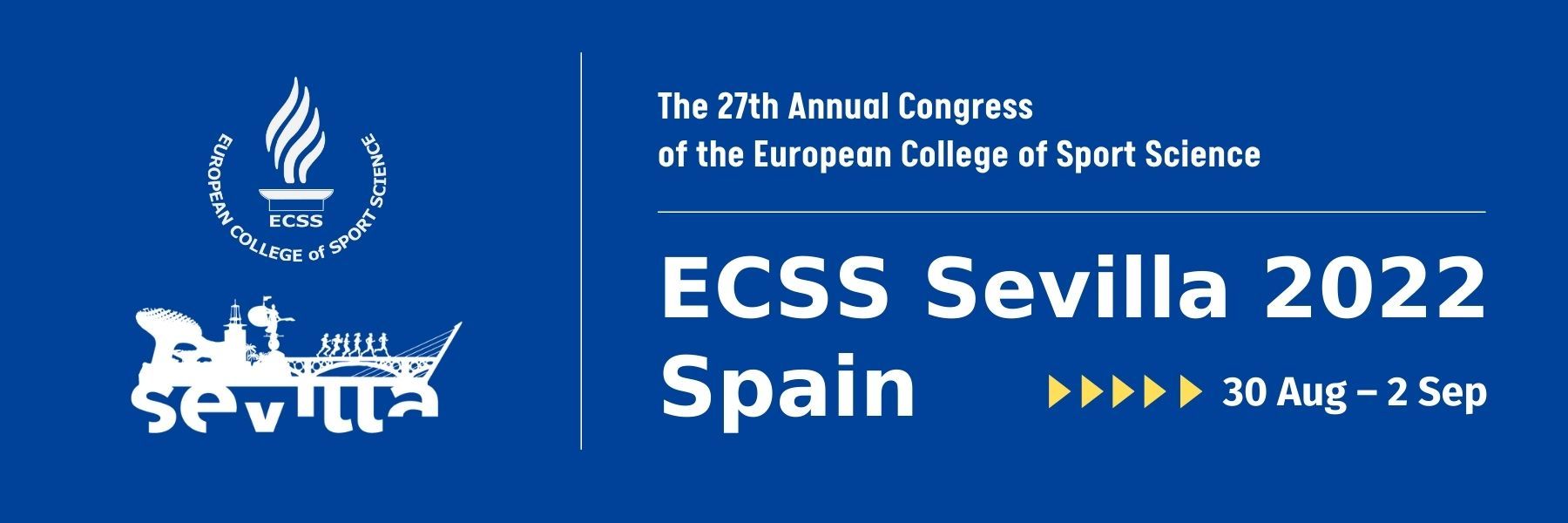Scientific Programme
Psychology, Social Sciences & Humanities
OP-SH05 - Physical Education III
Date: 03.07.2025, Time: 13:45 - 15:00, Session Room: Porto
Description
Chair
TBA
TBA
TBA
ECSS Paris 2023: OP-SH05
Speaker A
TBA
TBA
TBA
"TBA"
TBA
Read CV TBA
ECSS Paris 2023: OP-SH05
Speaker B
TBA
TBA
TBA
"TBA"
TBA
Read CV TBA
ECSS Paris 2023: OP-SH05
Speaker C
TBA
TBA
TBA
"TBA"
TBA
Read CV TBA
ECSS Paris 2023: OP-SH05

